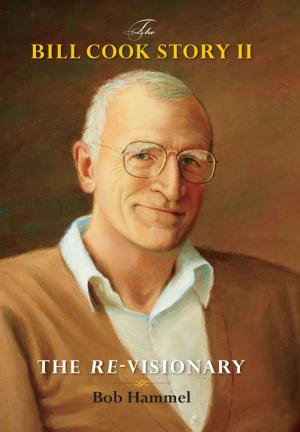Chicago Union Station
Nonfiction, Art & Architecture, Photography, Pictorials, Architectural & Industrial, Architecture, Architectural Photography, Public, Commercial, or Industrial Buildings| Author: | Fred Ash | ISBN: | 9780253029157 |
| Publisher: | Indiana University Press | Publication: | April 2, 2018 |
| Imprint: | Indiana University Press | Language: | English |
| Author: | Fred Ash |
| ISBN: | 9780253029157 |
| Publisher: | Indiana University Press |
| Publication: | April 2, 2018 |
| Imprint: | Indiana University Press |
| Language: | English |
More than a century before the age of airlines, the windy city of Chicago was already the nation's transportation hub. Tightly linked to its railroads, Chicago Union Station provided a way for passengers to reach cities from the Atlantic, Pacific, and Gulf coasts. In this stunning book, railroad historian Fred Ash tells the story of Chicago Union Station from its beginning in the mid-1800s, when Chicago dominated Midwest trade and was referred to as the "Railroad Capital of the World." From the swing in the political climate that significantly modified the relationship between the local government and its largest landholders, to the competition between railroad companies at the turn of the 20th century, the station continued to be a center for prosperity. Profiling the fascinating stories of businessmen, politicians, workers, and immigrants whose everyday lives were affected by the bustling transportation hub, Ash documents the impact Union Station had on the growing city and the entire Midwest.
Featuring more than 100 photographs of the famous beaux art architecture, Chicago Union Station is a beautifully illustrated tribute to one of America's overlooked treasures.
More than a century before the age of airlines, the windy city of Chicago was already the nation's transportation hub. Tightly linked to its railroads, Chicago Union Station provided a way for passengers to reach cities from the Atlantic, Pacific, and Gulf coasts. In this stunning book, railroad historian Fred Ash tells the story of Chicago Union Station from its beginning in the mid-1800s, when Chicago dominated Midwest trade and was referred to as the "Railroad Capital of the World." From the swing in the political climate that significantly modified the relationship between the local government and its largest landholders, to the competition between railroad companies at the turn of the 20th century, the station continued to be a center for prosperity. Profiling the fascinating stories of businessmen, politicians, workers, and immigrants whose everyday lives were affected by the bustling transportation hub, Ash documents the impact Union Station had on the growing city and the entire Midwest.
Featuring more than 100 photographs of the famous beaux art architecture, Chicago Union Station is a beautifully illustrated tribute to one of America's overlooked treasures.















